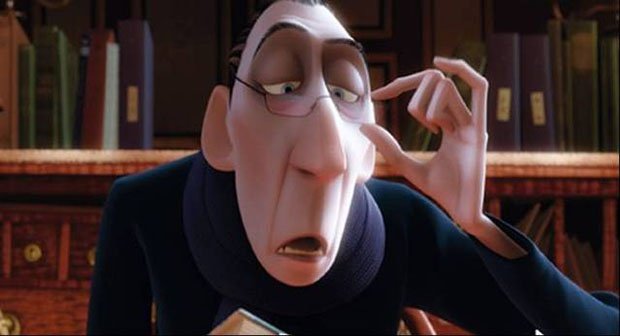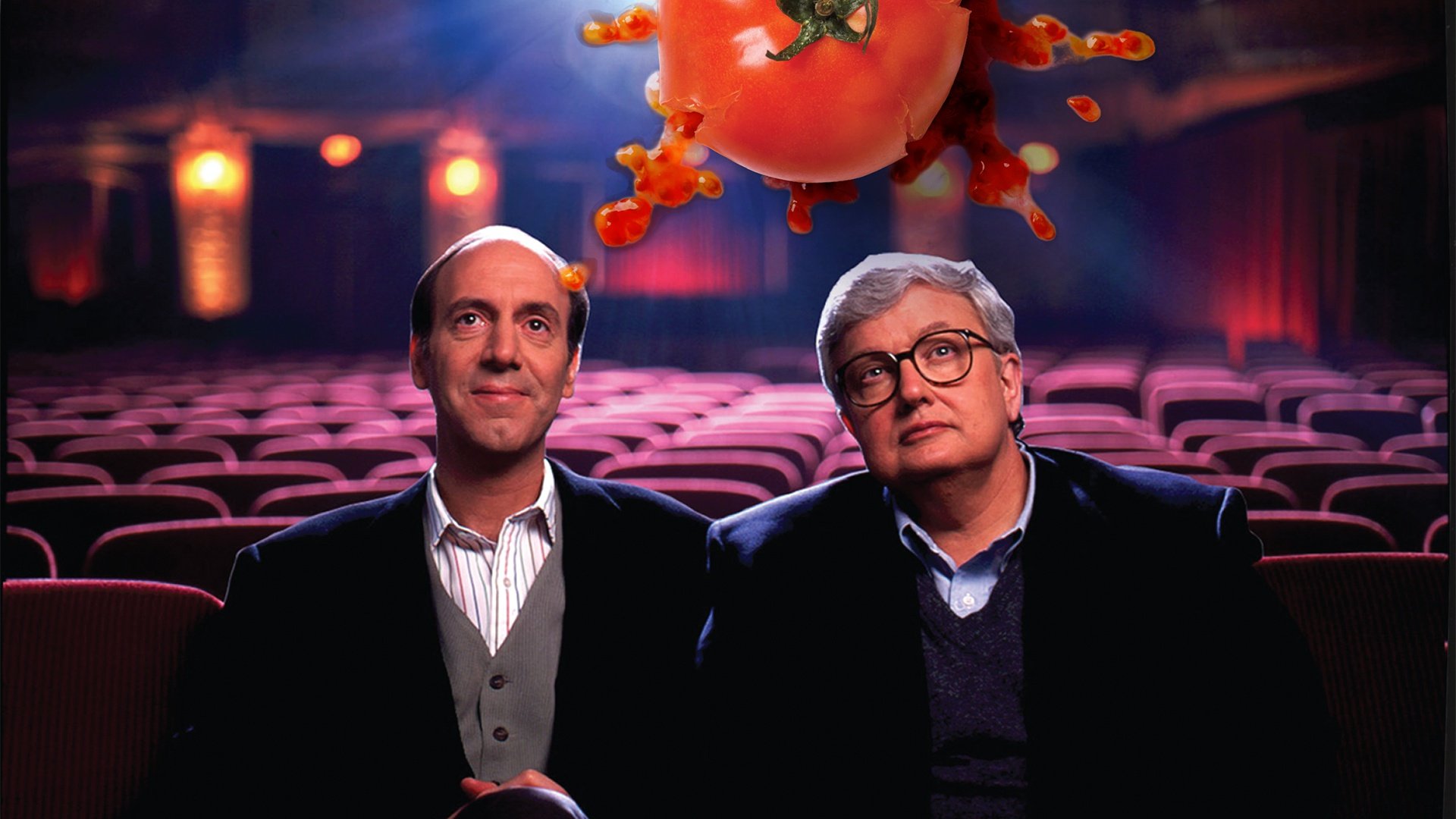In Defense of Film Critics and Film Criticism
Every once in a while we as a culture are reminded just how intensely a distressingly large portion of the general public hates the increasingly small group of writers fortunate and unfortunate enough to make a living as professional film critics.
This vitriolic contempt for movie reviewers seemingly always exists just under the surface of contemporary discourse, like a shark patiently biding its time. But it periodically breaks the surface and we are once again treated to a vigorous debate as to whether or not film critics fulfill a useful, even essential purpose in society and pop culture or whether they’re sick, narcissistic monsters motivated by a toxic combination of arrogance, resentment, greed and petty bitterness.
The catalyst for this most recent outbreak of full-bodied contempt for critics individually, as a group and as a profession was a high-profile social and political comedy, a genre that has historically divided critics as well as audiences, attracting divisive, mixed reviews.
Rather than simply acknowledge that taste is inherently subjective, the film’s fans have turned the tables and criticized the critics and reviewed the reviewers.
In one particularly misguided, dunked-upon tweet, a vociferous defender of the film in question angrily demanded that those villainous critics stop pretending that every review is an objective final verdict on a film’s ultimate value and start acknowledging that every review is affected by taste and personal experience and any number of factors.
The man behind this tweet poignantly does not seem to realize that critics don’t need to continually assert that they are merely offering opinions about a movie rather than incontrovertible truths because that is implicit in every movie review, ever, since the beginning of time, and is explicit in many reviews.
Critics shouldn’t need to pepper their reviews with, “I think” and “In my opinion” because by definition a review contains the critic’s innately subjective thoughts and opinions, whether clearly demarcated as such or not.
Even the most arrogant critic in the world does not sit down to write with the thought, “It’s time for me, a perfect, non-corruptible intellect incapable of bias, to deliver the incontrovertible truth about this motion picture.”
Even the most pompous boob of a film critic knows that every review they write represents nothing more or less than THE OPINION OF ONE INFINITELY FLAWED HUMAN BEING AT ONE STAGE OF THEIR LIVES.
There’s an unmistakable element of intellectual insecurity to this deep-seated hatred of critics. They seem motivated in no small part by a fierce if not particularly justifiable conviction that if a film critic likes a movie that they don’t like, or does not like a movie that they dig then critics are, by extension, accusing everyone who disagrees with them of being stupid and wrong.
A review is the beginning of a conversation, nothing less, nothing more. If your response to that opening volley is an enraged, “How dare you tell me I’m a fucking moron for disagreeing with you! Fuck you! Who do you think you are?” maybe you should think about who exactly is failing to hold up their part of the conversation.
Critics tend not to fill their reviews with “I think” and “this is only my opinion” because that should be obvious to readers. They also don’t litter raves and pans with those words because as a writer you want to be as succinct, compact and powerful as possible, and filling your reviews with unnecessary and redundant turns of phrase can only detract from your argument.
People who hate critics for mostly bullshit reasons seem to labor under the illusion that they all live in the same fancy building in Manhattan and attend the same fabulous cocktail parties when the reality is that they’re modestly compensated, widely disparaged and wake up every morning wondering if they’re going to get fired or if the place they write for will go out of business.
Being a movie critic is such a precarious position that I chose to pursue the life of a full-time blogger/self-published author after losing my position with The Dissolve back in 2015 because it seemed saner and more sustainable than trying to get another full-time job in pop culture media.
To critic haters, movie reviewers are mostly an abstraction. That’s not true of people who frequent this site. You know damn well who I am. You know what I look like. You know what I sound like. You know my running jokes and weaknesses and fatal flaws. Yet you accept me all the same.
That’s one of the nice things about your main gig being a modest, honest hustle like the Happy Place: it’s damn impossible to even imagine that I am some lofty elite looking down my nose at the ignorant masses. I am, if anything, excessively human.
I’m a motherfucking Juggalo after all. Us Juggalos are many things, but we are NOT elites or elitists, nor are we snobs.
Buy The Joy of Trash, The Weird Accordion to Al and the The Weird Accordion to Al in both paperback and hardcover and The Weird A-Coloring to Al and The Weird A-Coloring to Al: Colored-In Special Edition signed from me personally (recommended) over at https://www.nathanrabin.com/shop
Or you can buy The Joy of Trash here and The Weird A-Coloring to Al here and The Weird Accordion to Al here
AND of course you can also pledge to this site and help keep the lights on at https://www.patreon.com/nathanrabinshappyplace






